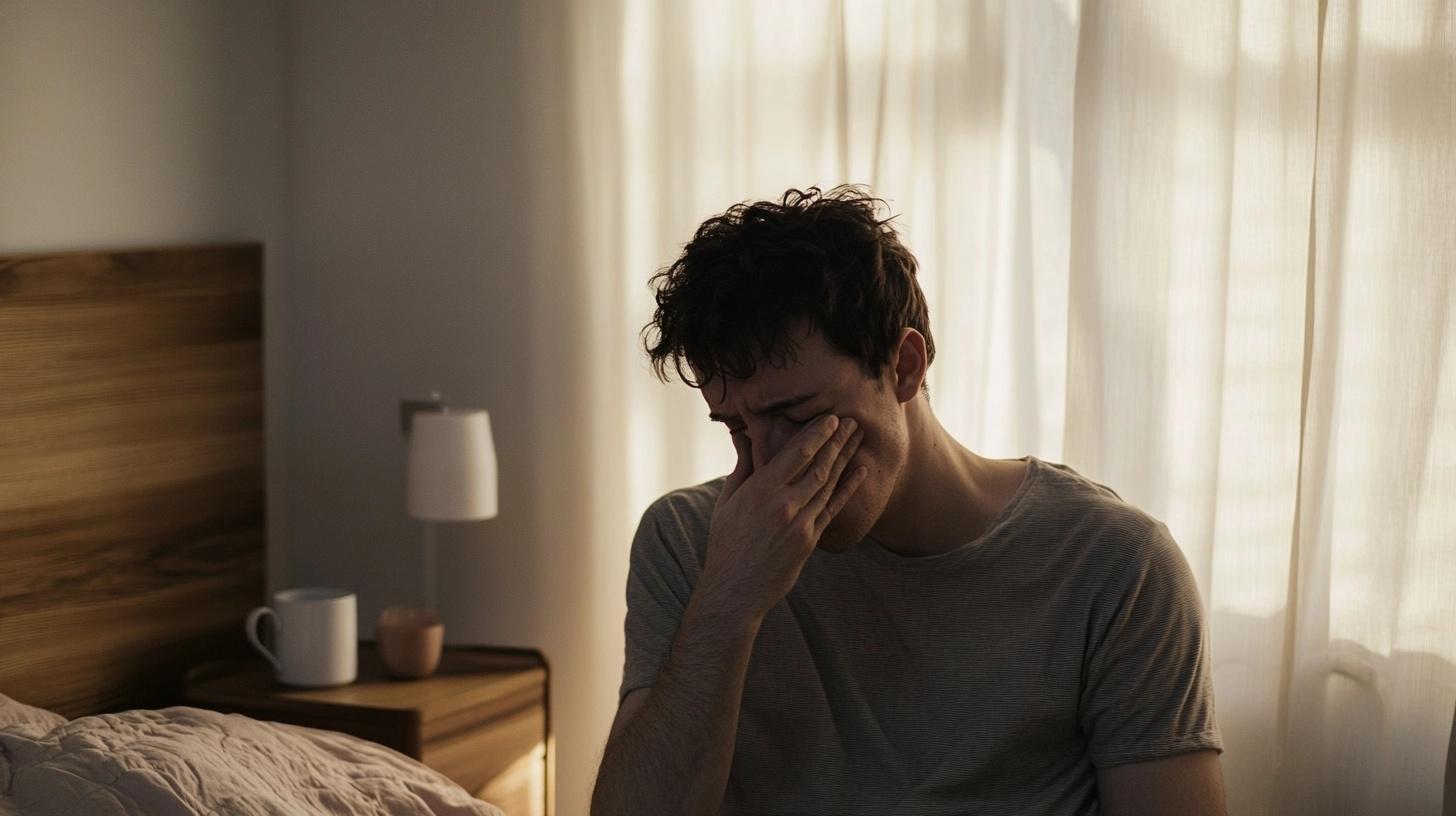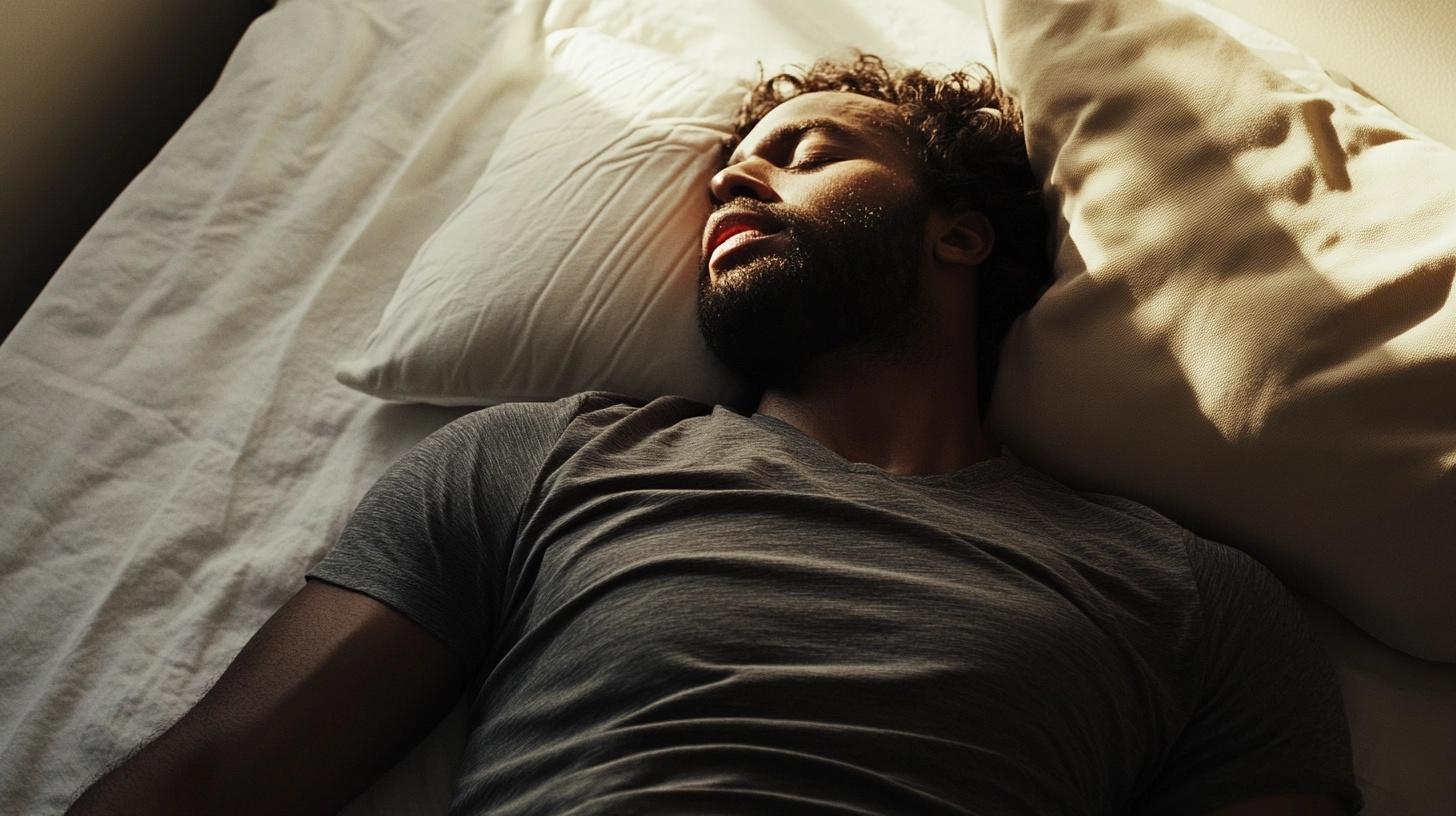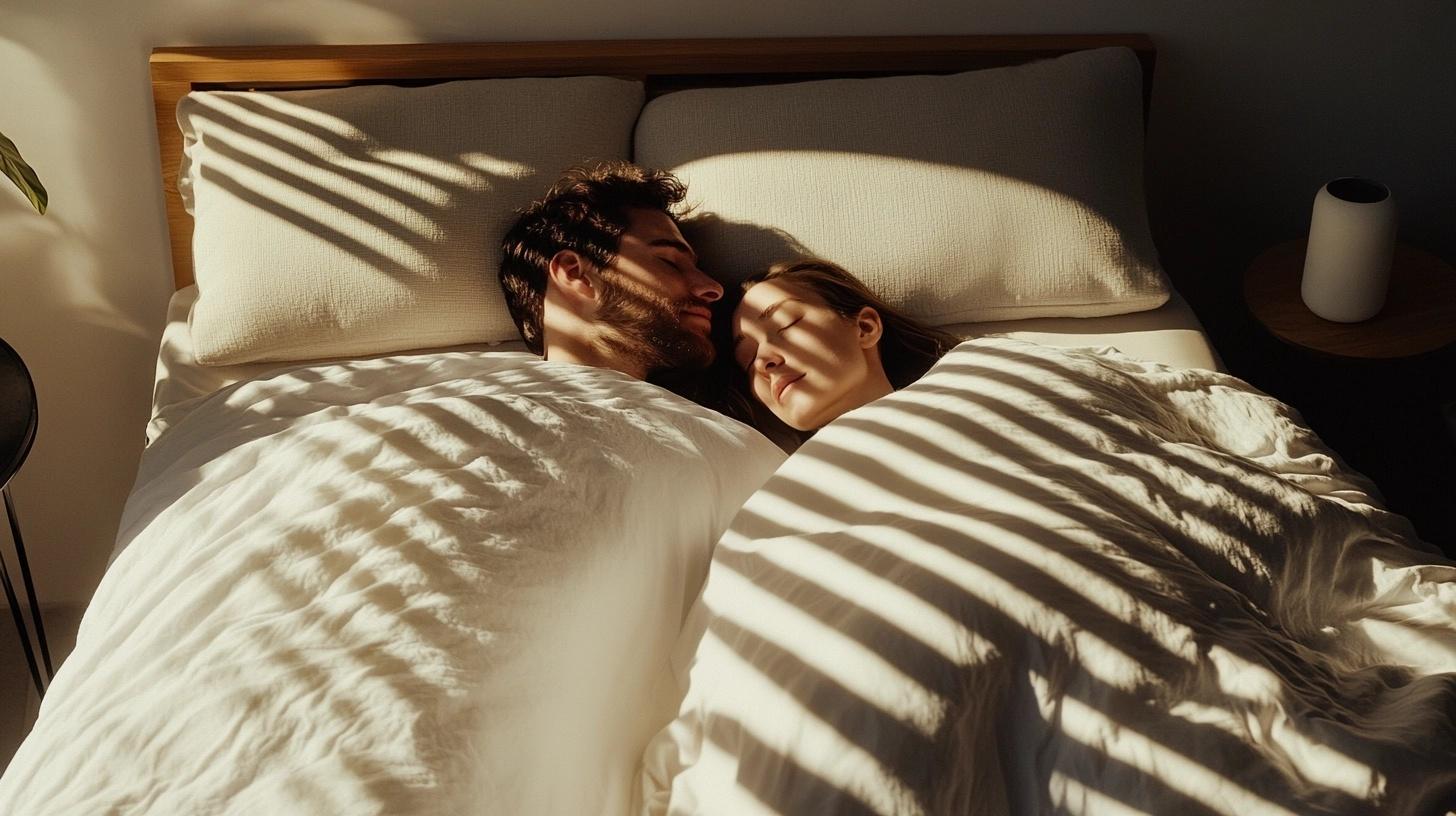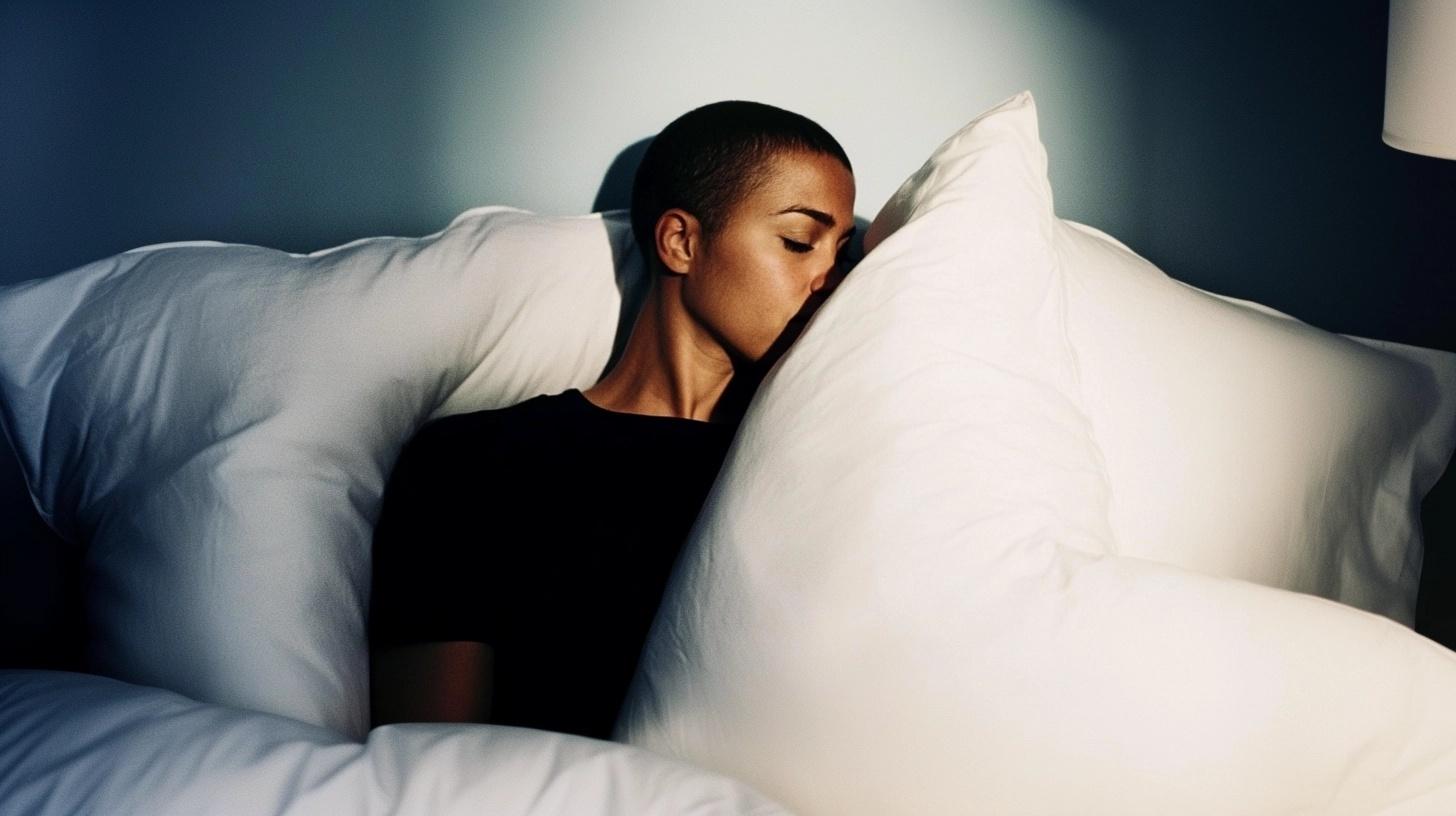The social stigma of snoring among women – why it’s bad for her sleep and health
Published
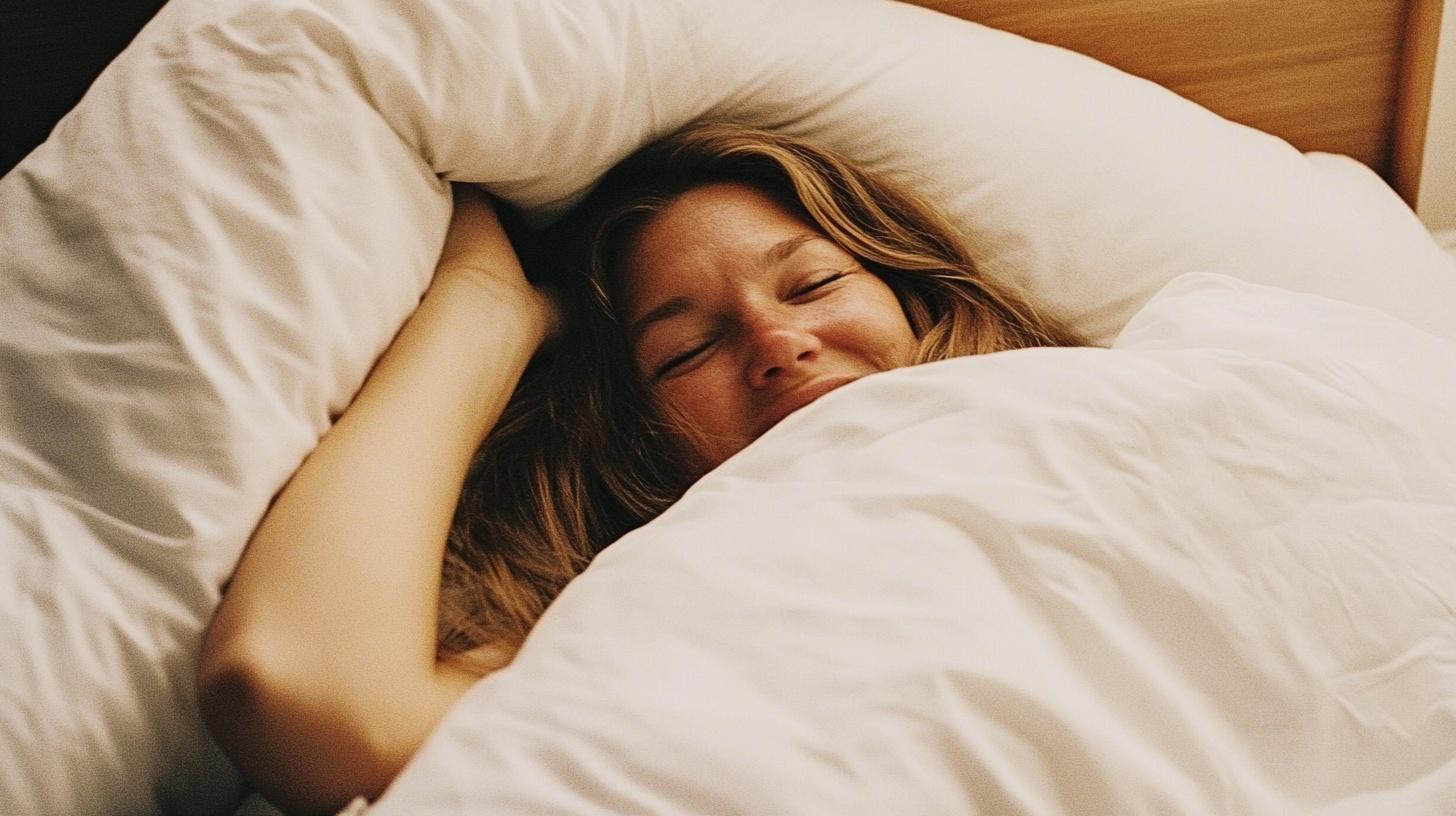
Snoring is not just a man’s problem. Women snore too – just as loudly – and with the same associated health risks. So why is it so often downplayed and overlooked?
Just as real men can cry, real women can snore. And we need to get over it. Why? Because snoring is one of the main symptoms physicians look for when screening for obstructive sleep apnea (OSA). Left untreated, OSA profoundly impacts sleep quality and can lead to high blood pressure, stroke, heart disease and other health issues.
Snoring – a red flag for all of us
Almost everyone snores occasionally, and it occurs in around 40% of adult women and 57% of adult men. However, according to the British Snoring & Sleep Apnea Association, studies have found that men are twice as likely to be referred for a sleep study than women. This is largely due to the fact that physicians often rely on self-reported snoring and men are more likely to seek help for snoring. Women on the other hand tend not to report their snoring symptoms – often due to embarrassment or shame.
And here is where the issue lies. As said, snoring can be caused by OSA, which disrupts sleep and can lead to other health issues. Research done by the American Academy of Sleep Medicine (AASM) reveals that sleep apnea is undiagnosed in more than 90% of women with moderate to severe sleep apnea. Apparently, women often experience different sleep apnea or OSA symptoms than men, like daytime fatigue, headaches and depression – and be treated for these symptoms, rather than the root cause of their sleep apnea.
Women downplay snoring
What’s more, a recent study published in the Journal of Clinical Sleep Medicine revealed that women who do report their snoring often underestimate their level of snoring. The findings showed that “although no objective difference in snoring intensity was found between women and men, there was a significant discrepancy in self-reported volume of snoring.” Simply put, compared to men, women in this study reported snoring less often and described it as milder than was actually the case. This could be one of the barriers that prevent women from reaching sleep clinics and getting the right diagnosis and care. And it doesn’t improve with age. Data from Sleep Cycle shows that women snore more as they get older: from an average of 8 minutes and 30 seconds at age 18-24 to 25-30 minutes more after age 45+.
The average maximum loudness of snoring by people in the study previously mentioned was essentially the same for men and women!
OSA: the underlying cause of snoring in older women
According to the Mayo Clinic, one in 10 middle-aged women have OSA and it’s more likely to occur after menopause (the risk increases by 4% for each subsequent year). Research also shows that women whose snoring is caused by their sleep apnea may be at an increased risk of developing heart-related issues compared to men. The reason is thought to be a combination of the post-menopausal loss of the protective hormonal effect (progesterone may prevent the relaxation of the upper airways associated with OSA) and weight gain.
Moreover, some studies also indicate that the hot flashes and night sweats that menopausal women experience, may be associated with an increased risk of OSA. However, the connection may not always be one of cause and effect, but those severe menopause symptoms could still be considered as possible indicators of sleep apnea.
Other causes of snoring in females
There are other factors that can cause snoring in women, and knowing them can help determine whether or not the snoring is something that needs your immediate attention,and if so, what you can do about it:
- Menopause: as said, menopause can reduce muscle tone in the throat, causing snoring in women. If the snoring is accompanied by pauses in breathing, it could be an indicator of sleep apnea.
- Overweight: weight gain can lead to an excess of tissue around areas such as the belly and neck, where it can result in a smaller air passage.
- Pregnancy: besides the weight gain, snoring during pregnancy is very common due to the changes in hormone levels, which increase the amount of blood in your body and cause blood vessels to expand. This can lead to swollen nasal passages, forcing you to breathe through your mouth and, consequently, to snore.
- Fatigue: when women are exhausted, the muscle tissues around the throat and the larynx relax, causing snoring and making it even louder than usual.
- PCOS: it has been reported that women with polycystic ovary syndrome (PCOS) may be at higher risk of suffering from sleep apnea and snoring due to the excess of male hormones, which are linked to snoring and sleep apnea.
Women snore – But how do you find out if you’re one of them?
So ladies – be honest with yourself. Ask your partner if you snore. If you’re unsure of whether or not you snore and need a purely objective analysis, try the snore detection feature in the Sleep Cycle app (for Android or iOS). You can also address any concerns by compiling an accurate account of your snoring. And be sure to speak to your healthcare provider if you suspect your sleep is being disrupted by snoring or if you think you may have sleep apnea. Snoring can more often than not be treated! The reward of a good night’s sleep will always be worth the effort.

